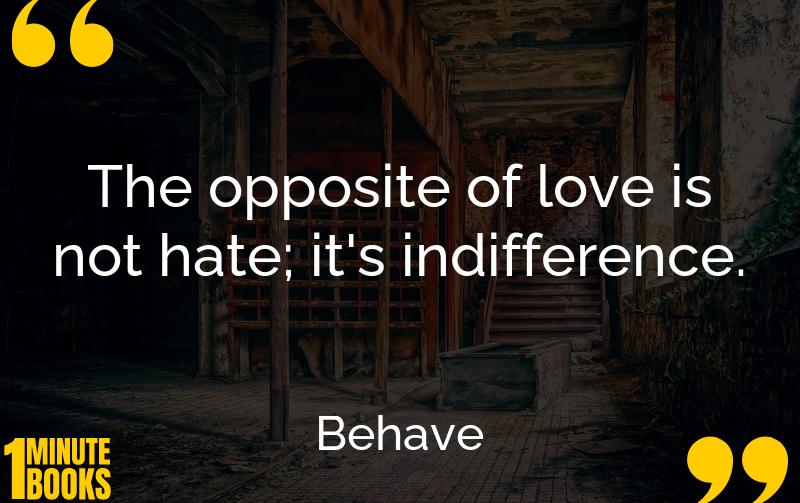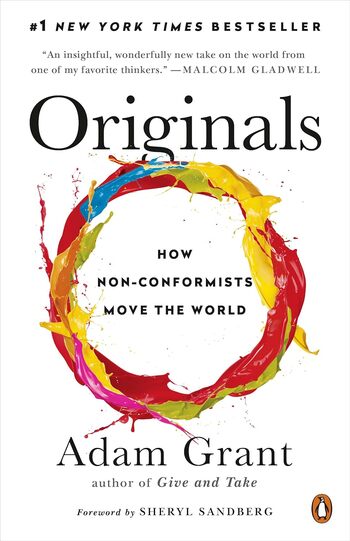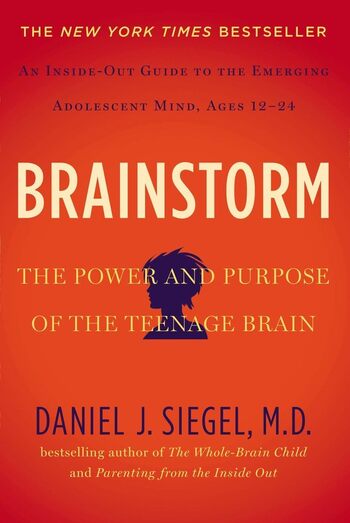
Behave by Robert Sapolsky explores the complexities of human behavior from a biological standpoint, examining the evolutionary, neurological, and psychological mechanisms that drive our actions.
Main Lessons
- Human behavior is influenced by biological processes occurring moments before, during, and after an action.
- Our evolutionary background shapes kindness and aggression, making us both compassionate and confrontational.
- The frontal cortex helps us make moral decisions, preventing impulsive actions and managing willpower.
- Willpower diminishes as the day progresses, affecting decision-making and self-control.
- Repeated actions can become habits, reducing the effort required for self-restraint.
- Artificial stimulation from processed foods and technology can distort natural pleasures.
- Delayed gratification is a uniquely human trait, allowing us to plan for future benefits.
- Alcohol and substances like testosterone amplify preexisting tendencies rather than create new behaviors.
- Decision-making is context-sensitive, such as how hunger can affect the judgment of legal decisions.
- Understanding human nature and behavior provides strategic advantages in personal and professional interactions.
- Learning about human behavior enhances our ability to navigate relationships and life challenges.
- Non-fiction like Behave offers valuable insights into human psychology, emphasizing its practical applications.








